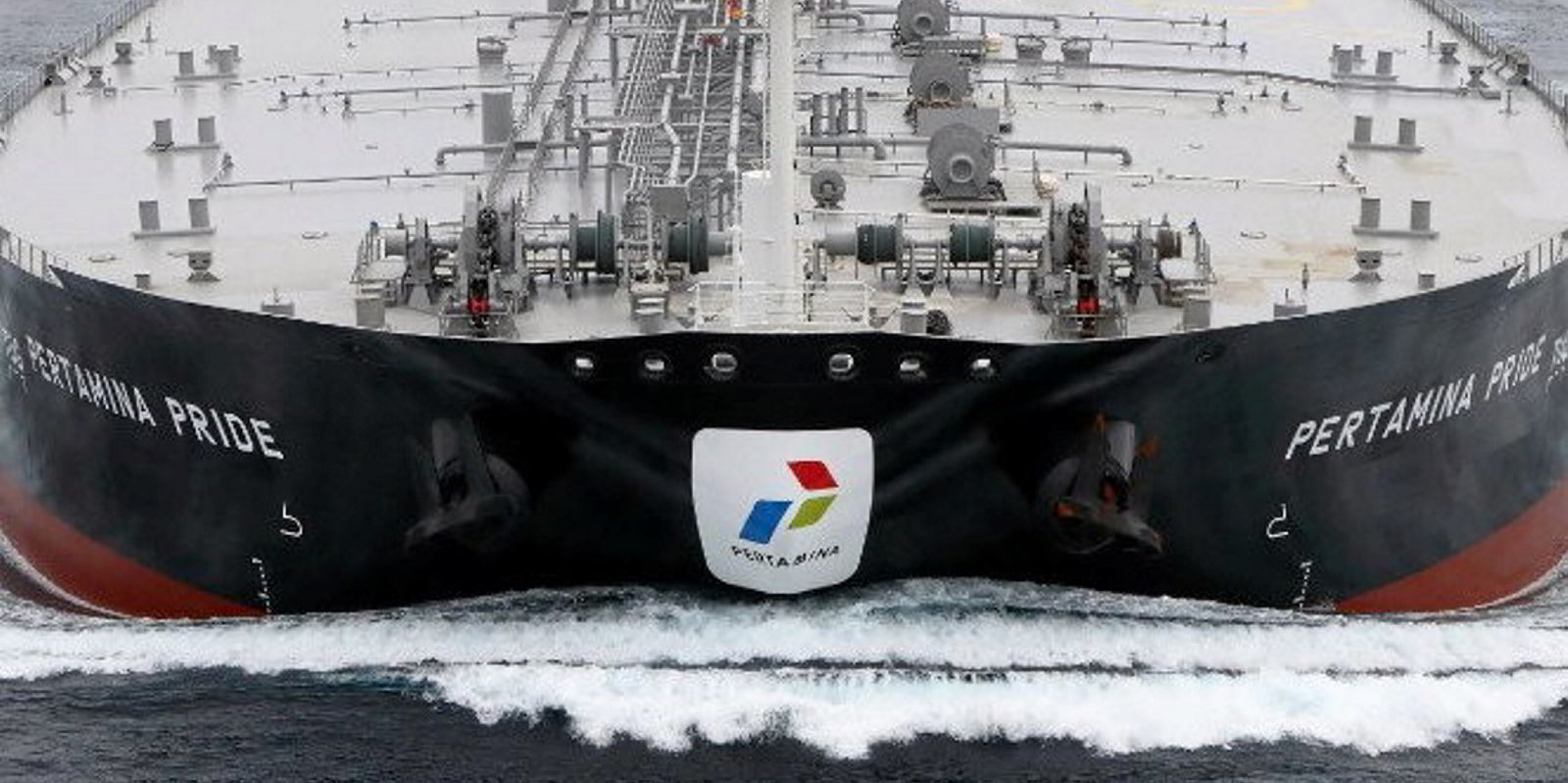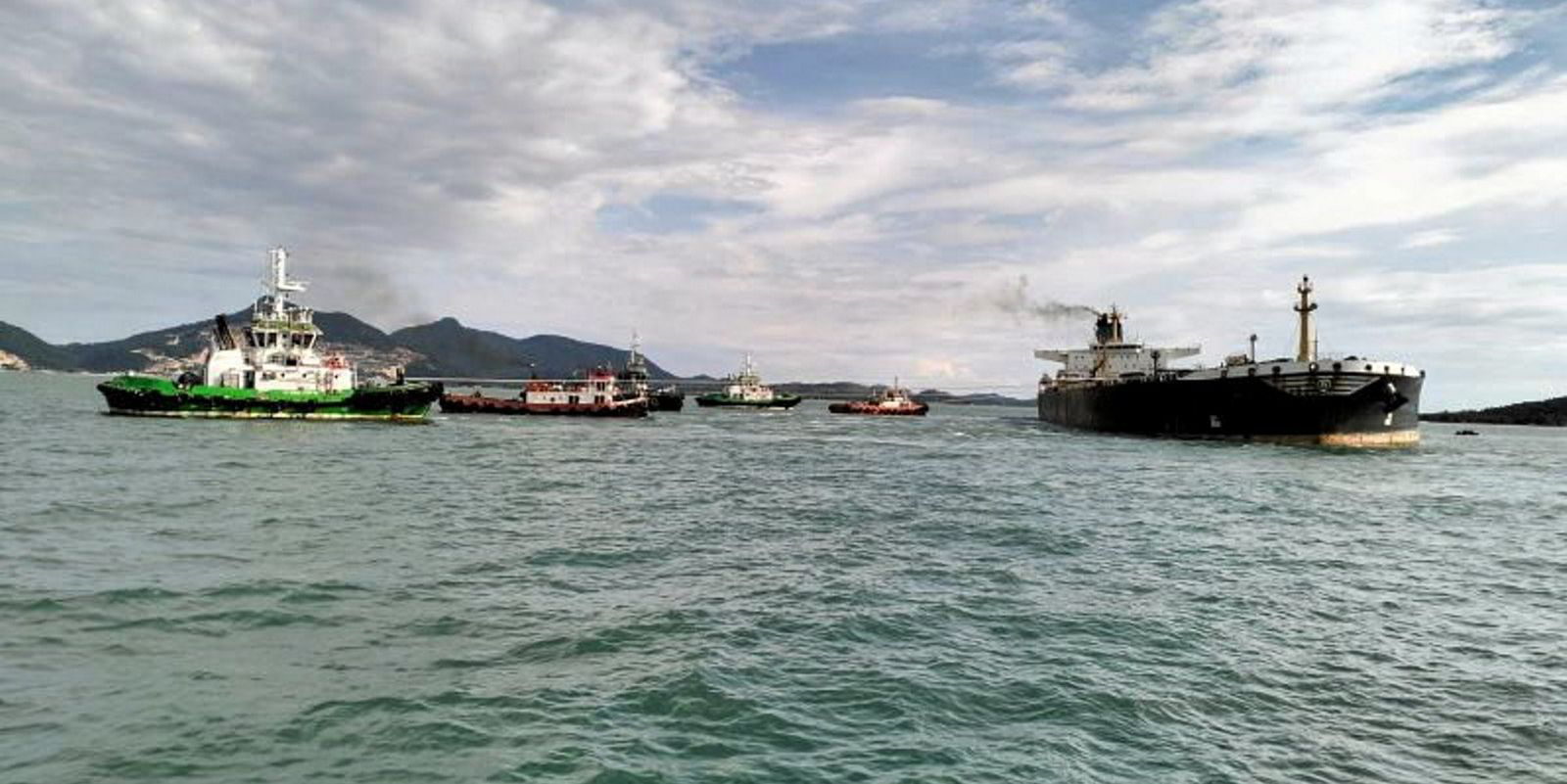Declining oil production and rising economic growth will make Indonesia increasingly important for the international tanker market, says US shipbroker Poten & Partners.
The largest country in South East Asia was once a major crude oil producer and exporter, but growing demand and declining production turned it into a net importer.
Crude production in Indonesia has been gradually declining since its peak of 1.67m barrels per day in 1991 and now stands at 600,000 bpd.
Its oil demand is estimated to be around 1.6m bpd and is expected to continue to increase, driven by economic growth and an expanding population.
“As domestic oil demand continued to rise, Indonesia transitioned to become a net crude oil importer in 2004,” said Poten.
“Crude oil imports have picked up over the years, ranging between 300,000 and 400,000 bpd in 2023 with Nigeria, Saudi Arabia and Angola … the top suppliers of crude to the country.
“All Saudi barrels are delivered on VLCCs, while Nigeria is a mix of suezmaxes and VLCCs, with the occasional aframax cargo mixed in.
“Angola uses both suezmaxes and VLCCs to transport their crude to Indonesia, although suezmaxes have dominated the trade since mid-2023.”
Since Indonesia emerged from the Covid-19 pandemic and domestic demand recovered, it is said to export only limited quantities of crude oil of 50,000-60,000 bpd.
Poten says most of this is shipped to countries in the region, with Thailand taking almost 50% of the total, and almost all the exports are done on smaller crude oil tankers up to aframax.
Indonesia is also a significant refined product importer as its oil demand is well in excess of its refining output of around 800,000 to 900,000 bpd.
“Between 600,000 and 800,000 bpd of refined products are imported, about 52% of which is gasoline and another 20% diesel,” said Poten.
“Singapore is the major supplier with a 40% market share followed by Malaysia which counts for 20% of the imports. Saudi Arabia, India, China and South Korea are smaller providers. Handies and MRs are the main vessel classes used.”
Poten says Indonesia is also a significant exporter of products, in particular biofuels, accounting for more than one-third of the global seaborne biofuel trade.
“Since January 2021, Indonesia exported an average of 650,000 bpd of clean petroleum products, of which 90% or 590,000 bpd was biofuels,” the broker said.
“Almost 50% of Indonesia’s biofuel exports go to four countries: China, India, Pakistan and Malaysia. Most of the biofuels are exported on small chemical/oil tankers.”
Since Indonesia is a vast archipelago of 18,000 islands, of which 6,000 are inhabited, Poten says there is also a significant movement of oil and oil products within the country.
“In the period from January 2021 to January 2023, an average of 850,000 bpd of oil was moved between Indonesia’s islands,” the broker said.
“Of this total, about 300,000 bpd was crude oil, mostly moved on aframaxes. The remaining 550,000 bpd was mostly gasoline and biofuels, utilising smaller chemical/oil tankers.”





